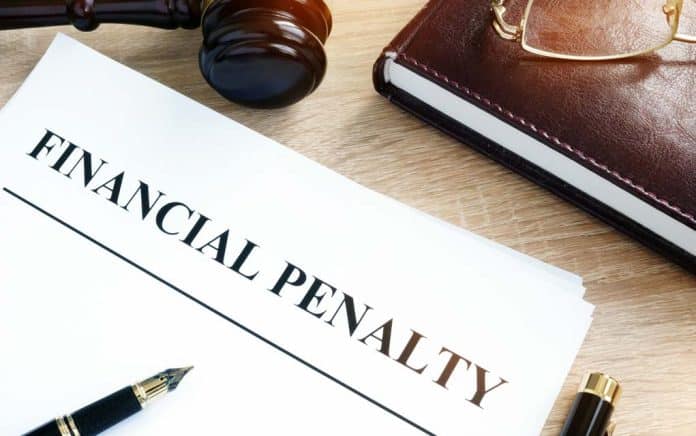
It’s Your Money, Access It Without Penalty!
Saving up for retirement is something that everyone should plan for, but sometimes unexpected situations may arise that require you to pull out your funds early. The problem is if you do withdraw your money from your retirement or pension plan before retirement age, chances are you’ll face added penalties and taxes when you file, courtesy of the IRS. However, there are a few ways you can avoid these penalties. Let’s take a look at a few.
Cover Medical Costs
If you find yourself with a medical condition that requires you to pay out of pocket, you can use your retirement funds to pay for it without being penalized. As long as your health insurance doesn’t reimburse the costs and it exceeds 10 percent of your gross income, you won’t have to pay the early withdrawal penalty come tax time.
Additionally, if you become severely injured to the point that you suffer from a physical or mental disability that prevents you from working, you can withdraw the funds without having to pay the added taxes. Your physician must sign off on the disability in order to qualify.
Purchase Your First Home
If you’re considering purchasing your first home, you can withdraw $10,000 or $20,000 from an IRA, depending on if you’re single or married, without incurring the penalty. This exemption is valid whether you decide to purchase an existing home or have one built. If the sale should fall through for any reason, you have to return the money to your IRA account within 120 days, otherwise, the exemption expires.
Invest In a Roth IRA
The restrictions on a Roth IRA are less stringent when compared to a traditional IRA. For example, if you have the Roth IRA for a minimum of 5 years, you can withdraw the funds without penalty. This only applies to your investments, not the interest that’s been earned. Plus, if you use a Roth IRA, you’ve already paid taxes on the money, so you won’t have to again even if you end up in a higher tax bracket or the tax rates rise.
Avoid an IRA Altogether
A 401(k) is a more flexible option since you can take the money at age 55 if you retire early. However, if you opt to roll your 401(k) into an IRA, you’ll have to wait until you reach the age of 59-1/2 to avoid any withdrawal penalties.
If you’re unsure how your withdrawal will affect your taxes or if you qualify for an exemption, it’s a good idea to speak with a financial planner and find out exactly what your options are before you make any decisions.
~Here’s to Your Financial Health!





















